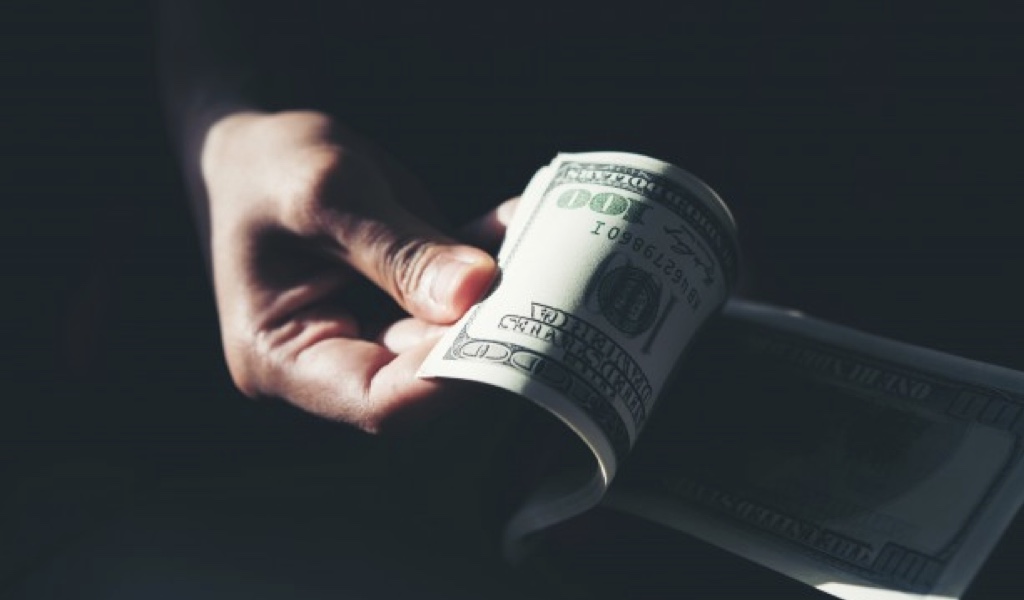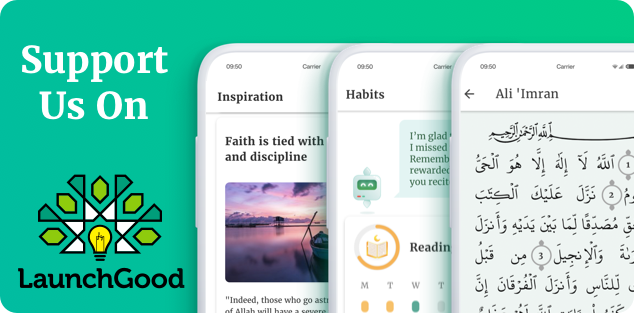** Money matters **
When we are presented with a business opportunity, our analysis is thorough.
“What are the start-up costs?”
“How many partners are involved?”
“What’s the likely return on the investment?”
However, the most important questions may not even arise in our minds:
“What is the Islamic ruling surrounding this venture?”
The Prophet PBUH had prophesized that such a day would arrive. He said:
يَأْتِي عَلَى النَّاسِ زَمَانٌ، لاَ يُبَالِي المَرْءُ مَا أَخَذَ مِنْهُ، أَمِنَ الحَلاَلِ أَمْ مِنَ الحَرَامِ
“There will come a time when people will not care about what they take; whether it is from Halaal or from Haraam.”
(Al-Bukhari)
You may be thinking: “What does this topic have to do with Ramadan?” The link between the two is actually far stronger than we may have thought.
If you’ve allowed this type of wealth into your account, it means that you’ve unleashed a devastating weapon against yourself and your family.
The danger of such a weapon is that its effects are not always being immediately noticeable. It doesn’t make any loud sounds, it doesn’t tear down buildings, it doesn’t release any toxic smells, but nevertheless, it is so ruthless in its effects that it has the power to single-handedly devastate your Dunya and Deen; the casualties are beyond count.
(a) Yes, you’re giving charity this month, but ..
With prohibited wealth, one has successfully managed to close the door of charity between himself and Allah, and the fact that our Zakaah comes under this category should terrify us. The Prophet PBUH said:
من جمع مالا حراما، ثم تصدق به، لم يكن له فيه أجر، وكان إصره عليه
“Whoever accumulates prohibited wealth then gives out in charity from it, he will not be rewarded for it and will have to bear the consequences of it.”
(Narrated by Ibnu Khuzayma)
(b) Yes, you’re makings so much Du’aa this month, but ..
With prohibited wealth, one has cut the rope of Du’aa between him and Allah, leaving such a person to himself.
The Prophet PBUH made mention of a man who:
يطيل السفر أشعث أغبر يمد يديه إلى السماء يا رب يا رب ومطعمه حرام ومشربه حرام وملبسه حرام وغذي بالحرام فأنى يستجاب لذلك
“… having journeyed far, being in a dishevelled and dusty state, and spreads out his hands to the sky in Du’aa, saying, “O Lord! O Lord!” while his food is haram, his drink is haram, his clothing is haram, and he has been nourished with haram; so how can his Du’aa be answered?”
(Muslim)
Notice, all of the reasons for an accepted Du’aa are present with him! He is (1) travelling, (2) in a humbled state, (3) raising his hands in Du’aa, and (4) repeating his Du’aa. However, despite these elements combined, Allah will leave the man’s hands empty.
It was well known that the Du’aa of the companion Sa’d Ibnu Abi Waqqaas was answered by Allah every single time. He was asked about this, to which he replied:
ما رفعت إلى فمي لقمة إلا وأنا عالم من أين جاءت ومن أين خرجت
“I have not raised any bit of food to my mouth without knowing the details of where it was sourced.”
(c) Yes, you're worshipping Allah so much this month, but ..
The harm of prohibited wealth isn’t limited to your Du’aa, but in fact extends its cancerous roots to every Salaah, fast, hajj, and act of worship in general. Honestly, is all the money of the world worth it?
Al-Ghazaali said:
العبادة مع أكل الحرام كالبناء على أمواج البحار
“One’s worship whilst consuming the prohibited is just like the construction of a building on top of the waves of the oceans.”
Ibnu ‘Abbaas said:
لا يقبل اللّه صلاة امرىء في جوفه حرام
“Allah does not accept the Salaah of a person who has the prohibited within him.”
With such casualties associated with prohibited wealth, what good is there left in the life of a person who earns it?
With the courage of a believer, walk away from such sources at once, or minimally, create an exit plan as a matter of urgency.
It’s not just your Ramadan that depends on it.
Subscribe for Updates
Original content used with permission from:






